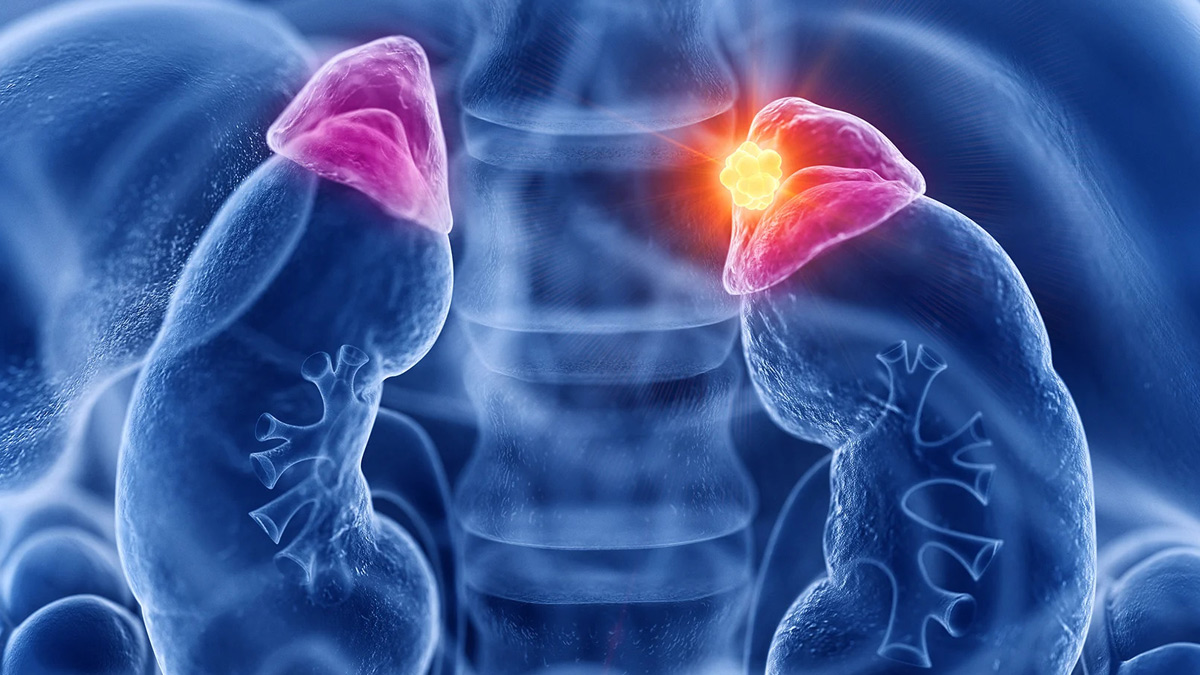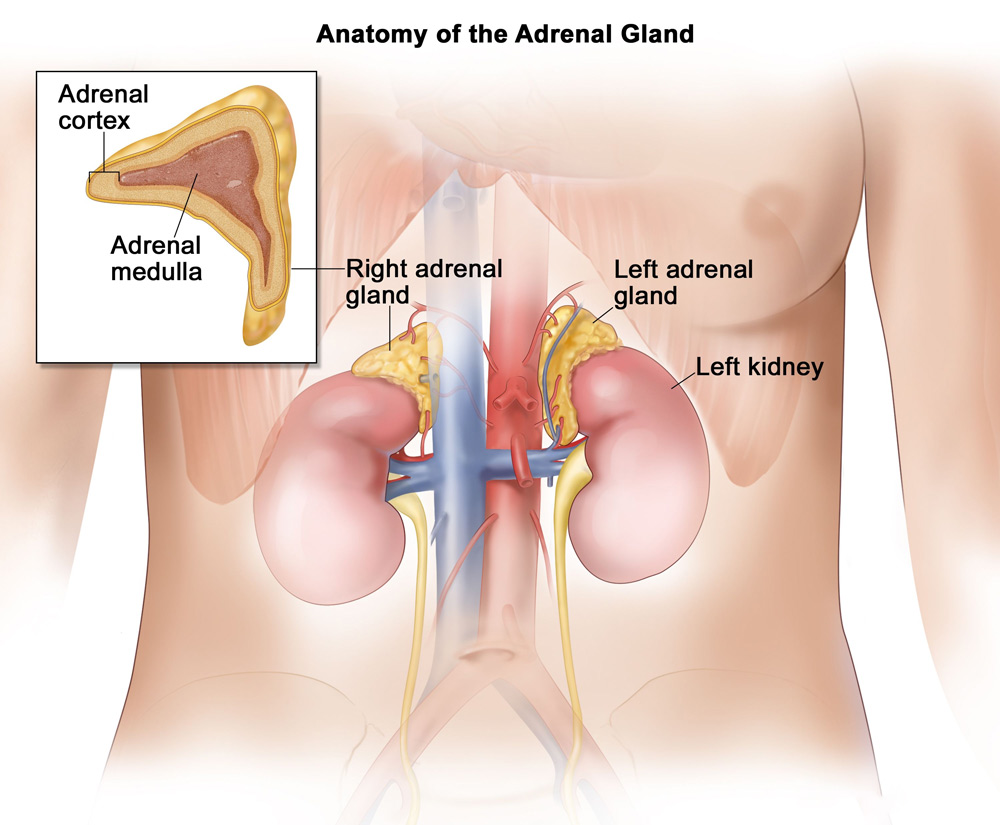
Belgian actress Emilie Dequenne, best known for her award-winning role in Rosetta, has tragically passed away at the age of 43. The news of her passing was confirmed by her family and agent, who revealed that she had been battling adrenocortical carcinoma (ACC), a rare and aggressive form of cancer that affects the adrenal glands. Diagnosed in October 2023, Dequenne’s fight against this uncommon malignancy highlights the urgency of raising awareness about the disease.
Table of Content:-
What Is Adrenocortical Carcinoma?
Adrenocortical carcinoma is a rare but aggressive cancer that originates in the cortex (outer layer) of the adrenal glands, which are located above the kidneys. These glands play a crucial role in hormone production, releasing substances such as cortisol, aldosterone, and androgens, which regulate essential bodily functions, including metabolism, immune response, and blood pressure control.
ACC is an uncommon condition, with statistics from the National Cancer Institute (NCI) indicating that it affects approximately 1 to 2 individuals per million annually. Due to its aggressive nature and tendency to remain undetected until the later stages, this cancer presents significant treatment challenges and poor survival rates.

Symptoms and Diagnosis of ACC
The symptoms of ACC vary based on whether the tumour is functional (producing excess hormones) or non-functional. Some of the most common indicators of the disease include:
- Hormonal Imbalances: Excess cortisol production can lead to Cushing’s syndrome, which causes rapid weight gain, high blood pressure, and muscle weakness. Elevated androgen levels may result in excessive hair growth, irregular menstruation in women, and other hormonal disruptions.
Also Read: Elon Musk and Ketamine: The Controversial Anti-Depression Drug Making Headlines
- Abdominal Pain: As the tumour enlarges, it may cause persistent discomfort in the abdomen or lower back.
- Unexplained Weight Loss: A sudden and unexplained drop in body weight is often a warning sign of aggressive cancers.
One of the greatest challenges in diagnosing ACC is its asymptomatic nature in the early stages. A study published in the Journal of Clinical Endocrinology and Metabolism highlights that many patients are diagnosed only when the tumour has already reached an advanced stage, significantly limiting treatment options.

Treatment Approaches for ACC
The course of treatment for ACC depends on the stage at which it is diagnosed and the overall health of the patient. Available treatment options include:
- Surgical Resection: Surgery is the most effective treatment for ACC when detected early. Removing the tumour completely offers the best chance of long-term survival. However, in many cases, the aggressive nature of the cancer makes complete removal difficult.
Also Read: Samantha’s Secret To A Powerful Morning—How The Wim Hof Breathing Technique Works
- Mitotane Therapy: Mitotane is a specialised drug used to target adrenal cancer cells and suppress adrenal gland function. The American Society of Clinical Oncology (ASCO) recommends mitotane as the first-line treatment for patients with advanced or inoperable ACC.
- Chemotherapy and Radiation: When ACC has spread beyond the adrenal glands, chemotherapy with agents like etoposide, doxorubicin, and cisplatin is often combined with mitotane. In some cases, radiation therapy is used to help control localised tumour growth.

Prognosis and Ongoing Research
The prognosis for ACC remains bleak, with five-year survival rates ranging between 20% and 35%, as reported by the National Organization for Rare Disorders (NORD). The outcome depends heavily on how early the tumour is detected and whether it can be completely removed through surgery.
However, researchers are actively studying genetic mutations associated with ACC to develop more effective treatments. Studies published in The Lancet Oncology suggest that targeted therapies and immunotherapy may offer new hope for patients with ACC in the future.
Bottomline
Emilie Dequenne’s battle with ACC brings attention to this rare but devastating disease. Increased awareness, early detection, and advancements in treatment options are crucial in improving survival rates and offering better outcomes for patients diagnosed with ACC.
As researchers continue to explore innovative treatment methods, there is hope that future breakthroughs will pave the way for more effective therapies, ultimately improving the prognosis for individuals affected by this rare cancer.
Also watch this video
How we keep this article up to date:
We work with experts and keep a close eye on the latest in health and wellness. Whenever there is a new research or helpful information, we update our articles with accurate and useful advice.
Current Version
